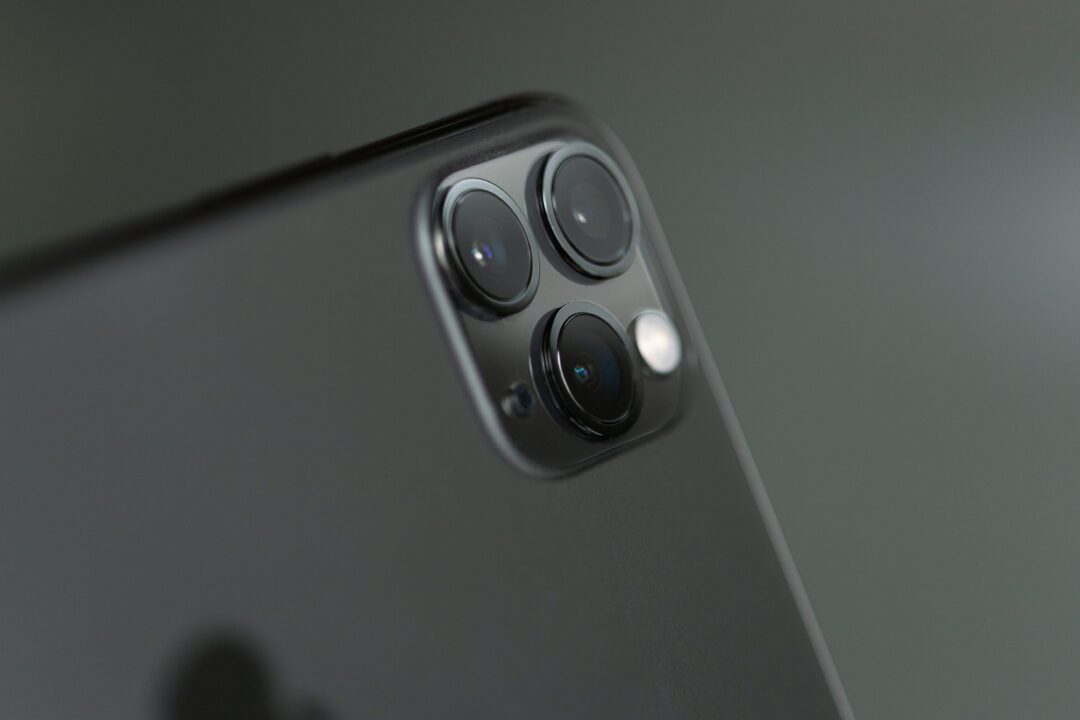 As we venture further into the digital age, the question of the impact that technology – particularly camera phones – is having on various industries is often posed. One such industry is professional photography. Are smartphones, with their rapidly evolving camera technology, an existential threat to the professional photography sector, or could they perhaps be a boon in disguise?
As we venture further into the digital age, the question of the impact that technology – particularly camera phones – is having on various industries is often posed. One such industry is professional photography. Are smartphones, with their rapidly evolving camera technology, an existential threat to the professional photography sector, or could they perhaps be a boon in disguise?
The journey of photography as an art form and profession has been nothing short of spectacular. Over the centuries, this field has experienced numerous shifts and adaptations, from the early days of the daguerreotype and box cameras to the digital SLRs and mirrorless cameras of the 21st century. With the advent of smartphones, photography has taken another leap, becoming a daily routine for most people worldwide.
Smartphones have democratized photography, making it accessible to millions, if not billions, of individuals. These devices, equipped with high-resolution cameras, have enabled people to capture, edit, and share high-quality images, often in real-time. The leaps in camera phone technology are undeniable – each new generation of devices boasts enhanced megapixels, sharper lenses, better light sensors, and sophisticated image-processing algorithms.
Considering these advancements, it is not surprising that a debate has been sparked within the professional photography community: Will the rise of camera phones spell the doom of professional photography?
One viewpoint suggests that camera phones impact the industry negatively. There is the concern that as camera phone technology improves, the need for professional photographers could diminish. Why hire a professional when nearly everyone has a reasonably good camera in their pocket? This sentiment is echoed particularly in fields like event photography and photojournalism, where immediacy and accessibility often triumph.
On the other hand, the belief that camera phones will “ruin” professional photography oversimplifies the situation and overlooks the true essence of professional photography. It is critical to remember that professional photography is not merely about having high-quality equipment; it is about the skill, expertise, and creative vision of the photographer.
Professional photographers bring much more to the table than the ability to capture a high-resolution image. They understand lighting and composition and have a trained eye for detail. They know how to tell a story through their pictures, capture emotions, and create a certain ambiance. Their experience and training allow them to anticipate moments and capture them perfectly. Simply put, having a good camera does not equate to being a good photographer.
Furthermore, while the technological gap between camera phones and professional cameras is narrowing, there remains a chasm. Professional-grade cameras and lenses offer a wider range of capabilities, such as depth of field, low light performance, speed, and detail resolution, which smartphone cameras cannot match yet.
In a way, the ubiquity of camera phones could be a boon for the professional photography industry. It could foster a deeper appreciation for well-composed, professionally shot images as more individuals experiment with their camera phones and realize the skill and expertise required to create truly stunning photos. In other words, the rise of camera phones might not be the nemesis of professional photography but a catalyst that drives its evolution and emphasizes its value.
Although camera phones have improved greatly, there is little chance they will impact the professional photography industry negatively. They might reshape it and compel it to evolve and adapt, but the artistry, expertise, and vision of professional photographers will ensure their relevance for years to come. As the saying goes, the best camera is the one you have with you, but the best photograph is the one that tells a story – and that’s where the professional photographer shines.






